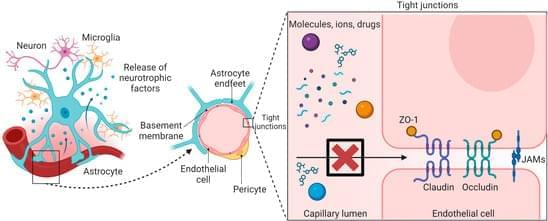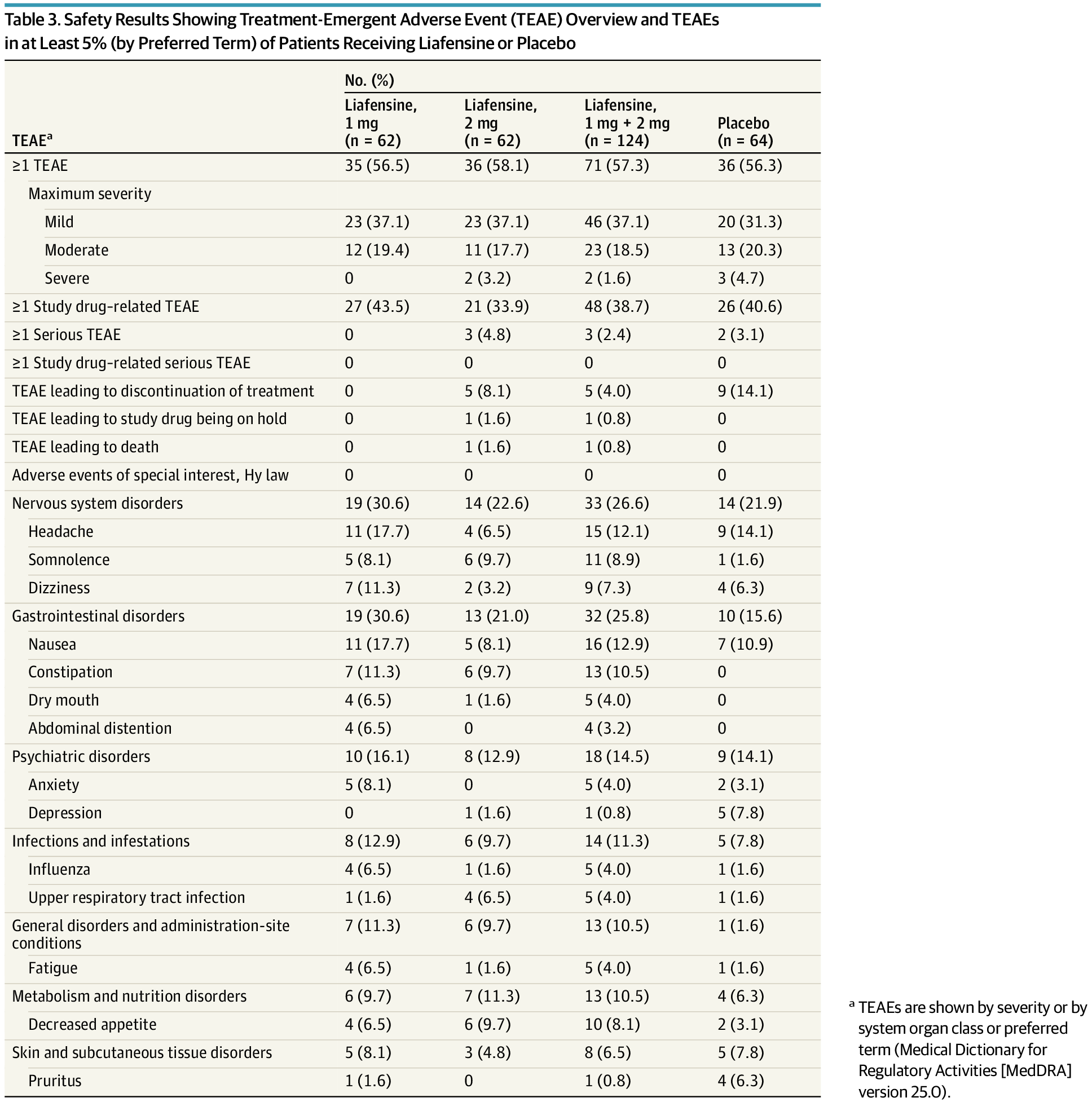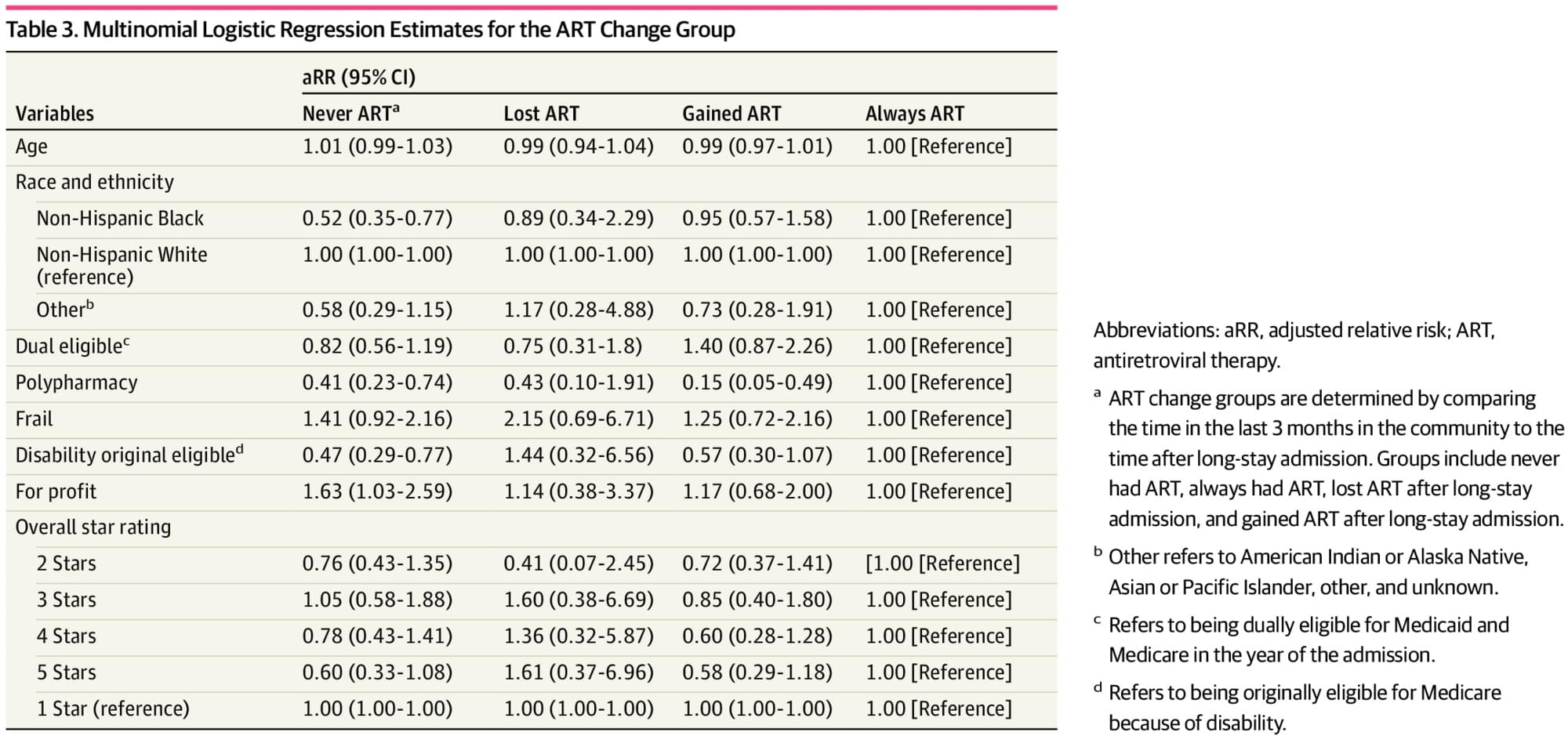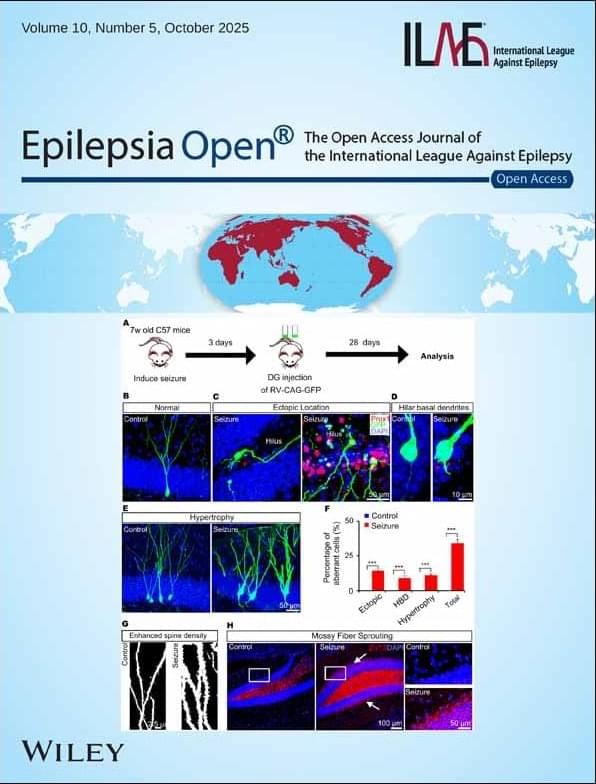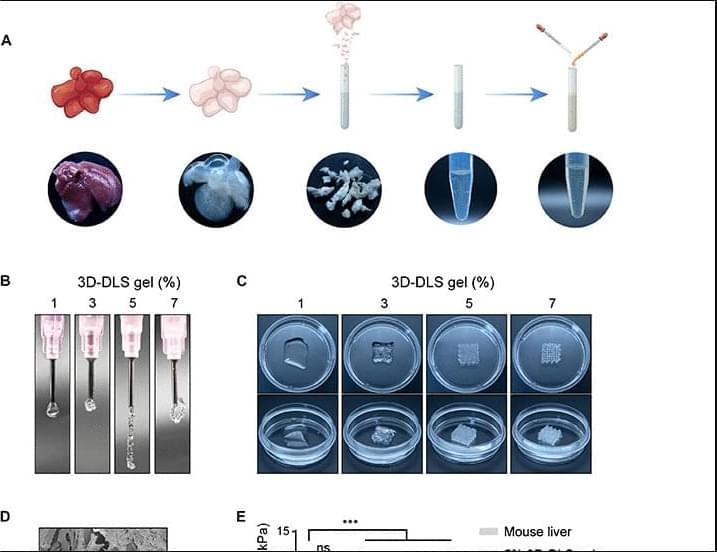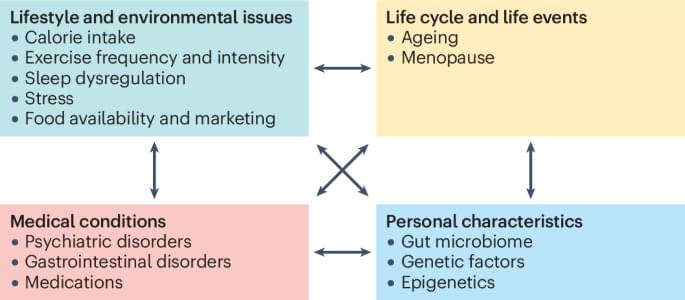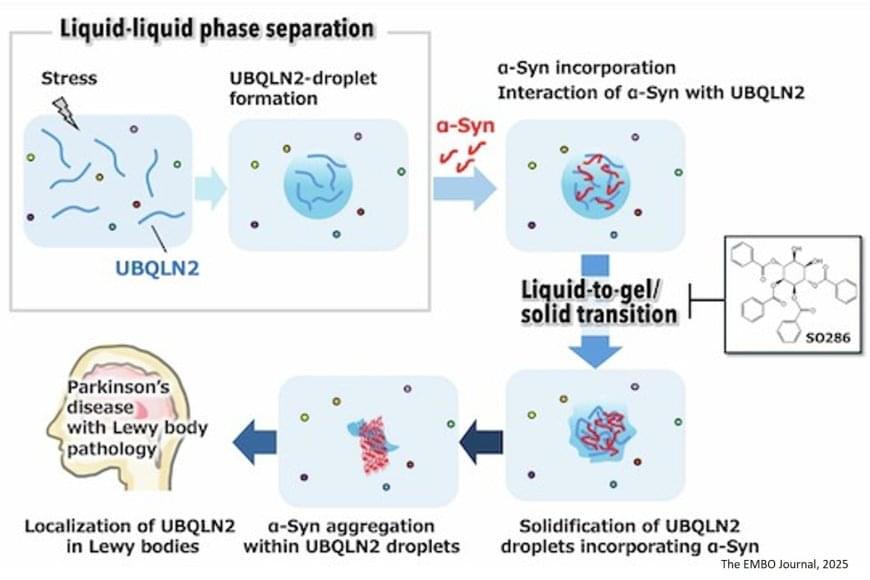This case-control study found that adults with schizophrenia had significantly greater frontal cortex serotonin release than healthy controls, and greater release correlated with more severe negative symptoms.
Question Is serotonin release altered in vivo in schizophrenia, and is it associated with negative symptom severity?
Findings In this case-control neuroimaging study that included 54 adults, frontal cortex serotonin release was significantly greater in the 26 people with DSM-5 schizophrenia compared with 28 matched healthy controls. In schizophrenia, greater frontal cortex serotonin release was associated with more severe baseline negative symptoms.
Meaning Findings suggest that serotonergic dysfunction in the pathophysiology of schizophrenia was associated with negative symptoms, identifying the regulation of serotonergic neurotransmission as a potential target to treat negative symptoms.
